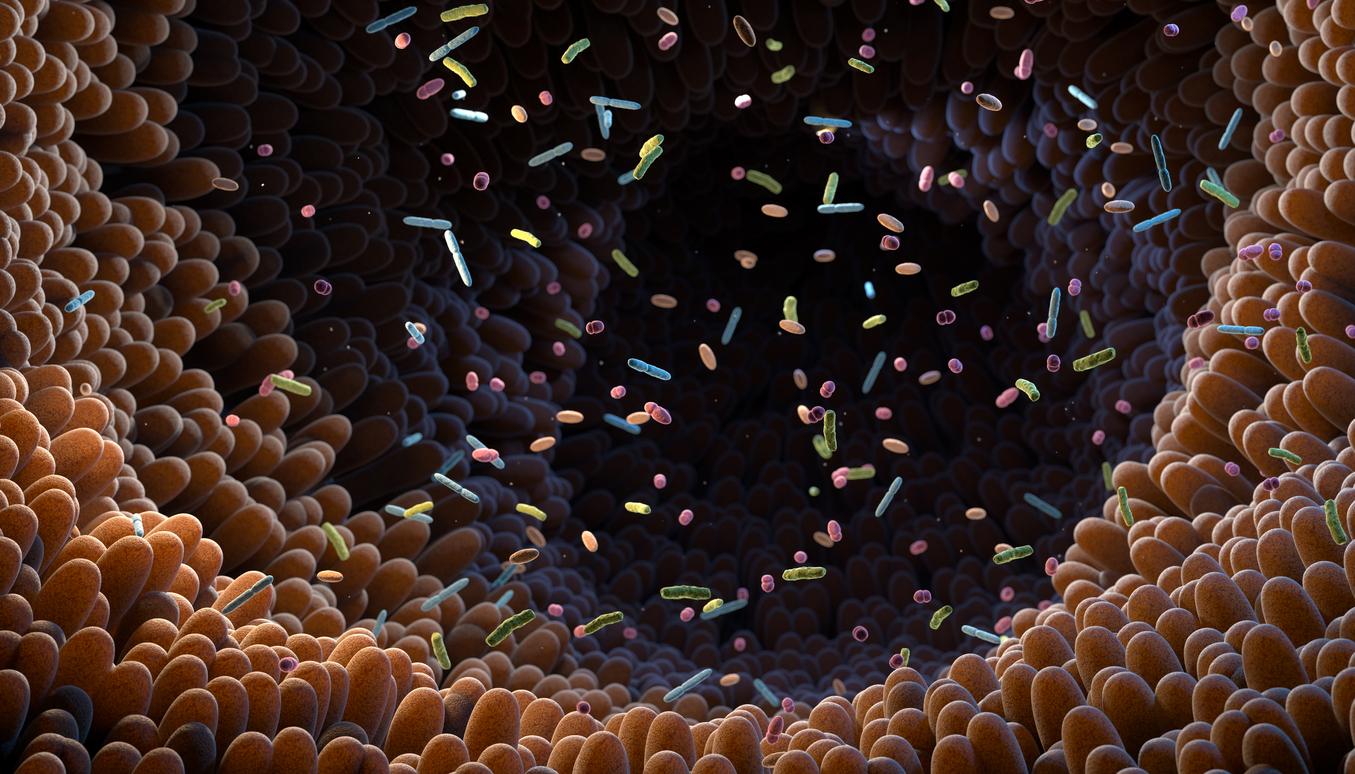Disruptions to the circadian rhythm, the body’s internal clock, can accelerate the progression of colorectal cancer by affecting the gut microbiota.

- Disruption of the circadian clock may accelerate the progression of colorectal cancer.
- This phenomenon occurs because a disrupted circadian cycle leads to changes in the intestinal microbiome and the function of the intestinal barrier.
- For researchers, their discovery could lead to new strategies for preventing and treating colorectal cancer.
“There is an alarming increase in early-onset colorectal cancer in adults under the age of 50.” Faced with this observation, researcher Selma Masri from the University of California at Irvine wanted to determine whether disruptions in the internal clock and its repercussions on the microbiota could play a role in the development of malignant tumors.
The answer is yes. The mechanisms and impact of circadian rhythm disruption on the progression of colorectal cancer are detailed in an article published in the journal Science AdvancesSeptember 27, 2024.
Colorectal cancer: disruptions in the circadian cycle linked to the progression of the disease
To better understand the role of circadian rhythms on the development of colorectal cancer, researchers followed mice suffering from the disease. The various examinations carried out have highlighted that when the circadian clock is disrupted, the diversity and abundance of intestinal bacteria change. This phenomenon is exacerbated in the presence of tumors in the inner wall of the colon or rectum.
Scientists have also identified “notable alterations” in microbial pathways involved in the metabolism of nucleic acids, amino acids and carbohydrates. “These functional changes were linked to reduced levels of intestinal mucus, which normally protects the intestinal lining from harmful bacteria, suggesting that the circadian clock is crucial for maintaining barrier integrity. Increased permeability of the intestinal mucosa allows toxins and bacteria to enter the bloodstream, which can accelerate the progression of cancer.”explain the authors in their press release.

Internal clock and microbiota: a new way to prevent colon cancer?
For the team, the study suggests that disruption of the internal clock, for example through prolonged exposure to light from screens, late-night eating or other environmental factors, plays an important role in progression of colorectal cancer.
She adds that this discovery could lead to new avenues for prevention and treatment strategies. However, further research will need to be carried out to update them.
“We now want to know whether changes in the timing and abundance of certain gut bacteria could directly lead to the development of colorectal cancer over time. Long-term studies will be essential to determine whether and how circadian misalignment causes cancer. we could prevent it in the future. Deeper insights into how the body’s internal clock shapes the gut’s ecosystem could pave the way for treatments that not only treat cancer, but also improve health. overall intestinalconcludes the corresponding author of the study Selma Masri.
















